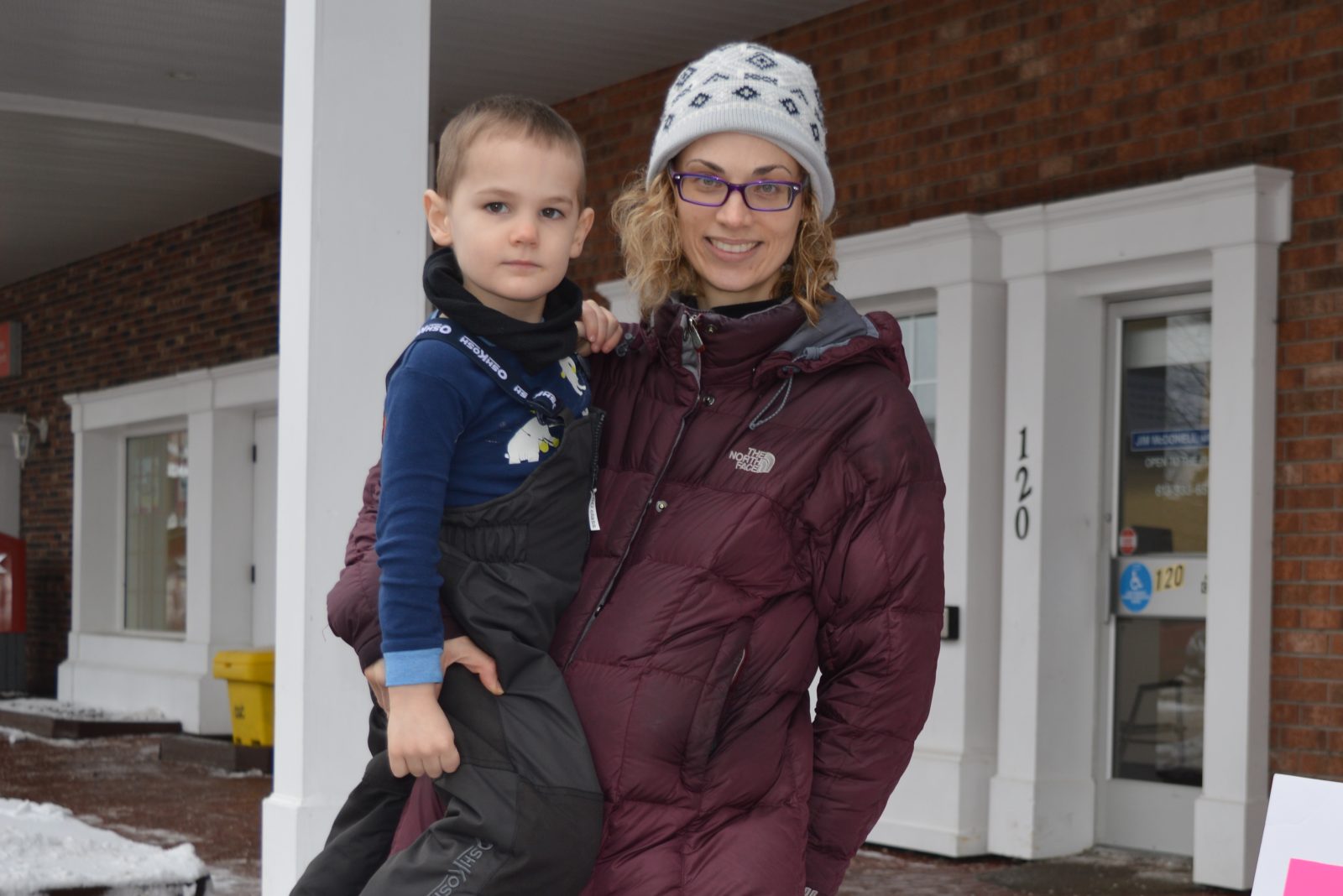CORNWALL, Ontario – The Ford government announced changes to the Ontario Autism Program last week in effort to relieve a waitlist of 23,000 children who are in line for access to public behavioural services.
Cathy Varrette, a local mother of a child with autism, is concerned that this change will only shift pressure from public sector services to the private sector. She is also worried that the proposed funding cap will not be sufficient based on each individual’s needs.
“What’s next? It can’t just end there,” said Varrette. “(The changes) only really helps a small number of people who are paying out of pocket…and it moves the waitlist over to private providers. They can say they cleared the (public) waitlist but there isn’t a lot of private providers…that’s why there is a waitlist in the first place.”
Under the proposed changes, families with a child with autism may receive funding from a Childhood Budget until their child turns 18. The amount distributed through the budget will depend on the length of time the child is in the program up to $140,000. The funding may also be subject to an annual maximum of $20,000 for children under five and $6,000 for children ages six to 18. Critics suggest that intensive therapy can cost parents up to $80,000 per year.
“Autism hits close to home for every community across our province and ours is no exception. Our government’s plan ensures that no families will have to wait over two years to receive support for their children again,” said Jim McDonell, MPP for Stormont, Dundas and South Glengarry, in a press release.
Varrette believes that this change could be a step in the right direction if a funding cap was not implemented. She contends that apart from sufficient funding, program availability is another major concern among parents.
“There’s not enough licensed professionals in the field,” said Varrette, referring to behaviour therapy in our province. “(Families) are waiting for a professional to be available. Giving the families money is great to pay out of pocket but it’s not going to help anyone on the waitlist…we need to incentivize the type of programming needed and get people working with autistic children; we need more providers before anything,” said Varrette.
Critics are also concerned that if children with autism who are currently in intensive therapy lose access to full coverage, they could enter the school system unprepared.
“You’re won’t just be affecting the one student (with autism) in the class anymore, you’re now affecting the entire class,” said Varrette, who thinks the situation will be exacerbated if primary classes no longer have size caps.
Varrette believes that the outcome of the proposed changes may negatively affect neurotypical children in various ways, potentially impacting the classroom learning environment.
“In my view, the school board, education assistants, unions… are going to have to stand up and say this is not acceptable,” said Varrette.





